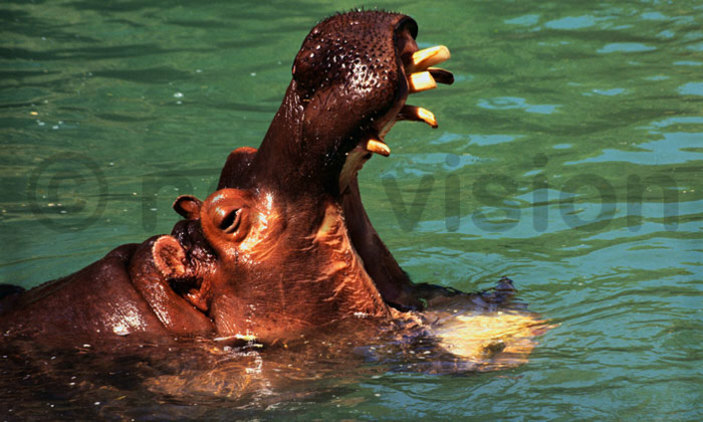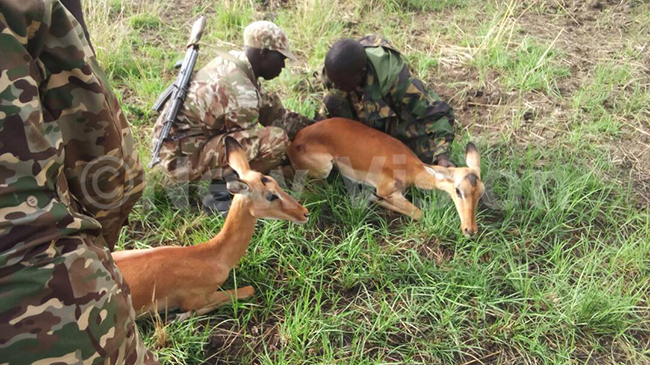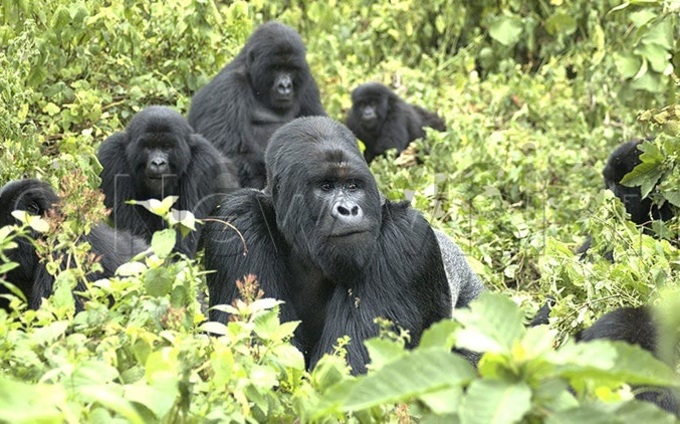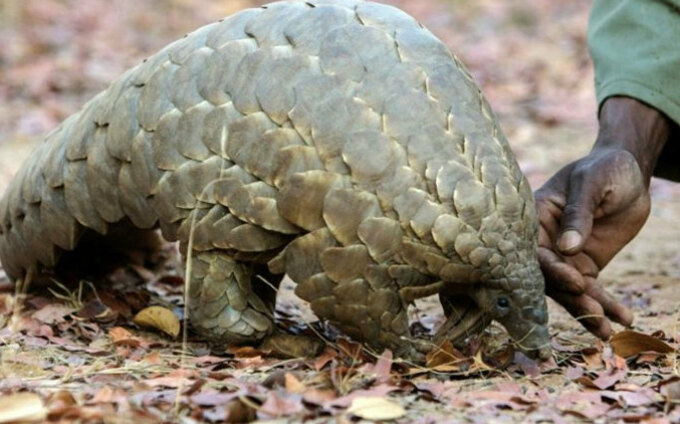Uganda weighs in on global wildlife trade ban
May 21, 2020
On May 12, the World Animal Protection launched a global campaign aimed at convincing the G20 leaders to endorse a total ban on wildlife trade.

HEALTH VIRUS WILDLIFE
A global petition calling for a complete ban on wildlife trade has been gaining ground in the wake of the coronavirus (COVID-19) pandemic that is ravaging the world.
On May 12, the World Animal Protection launched a global campaign aimed at convincing the G20 leaders to endorse a total ban on wildlife trade at its next summit in November.
The agency is pushing for a permanent ban on all wildlife trade as the only long-term solution to prevent major epidemics and protect endangered wildlife.
 The World Animal Protection is pushing for a permanent ban on all wildlife trade as the only long-term solution to protect endangered wildlife. (File Photo)
The World Animal Protection is pushing for a permanent ban on all wildlife trade as the only long-term solution to protect endangered wildlife. (File Photo)
The activists want governments, institutions and individuals to curb the use of wildlife animals for entertainment, food, medicine or to be kept as exotic pets.
On Wednesday, Edith Kabesiime, the campaigns manager at World Animal Protection-Africa, appealed to world leaders to end the breeding, trade and consumption of wildlife.
"People around the world have lost their lives, loved ones, jobs, income and health. A total ban on consumption and trade in wildlife is the only permanent solution," Kabesiime said during a zoom webinar attended by over 200 participants in Africa on Wednesday.
Streamed across social media sites including Facebook and Instagram with over 600,000 followers, the webinar was meant to shed light on the global scale of wildlife trade.
 The activists want governments, institutions and individuals to curb the use of wildlife animals for entertainment, food, medicine or to be kept as exotic pets. (File photo)
The activists want governments, institutions and individuals to curb the use of wildlife animals for entertainment, food, medicine or to be kept as exotic pets. (File photo)
Although scientists are still trying to identify the origins of the coronavirus, Kabesiime noted that evidence suggests that it originated from bats and was passed on to pangolins and then to humans
The pandemic, which has left over 5 million people ill and killed over 320,000, is thought to have originated from a wet market in Wuhan, China, where wild animals were sold.
In 2018, Uganda was one of several countries that backed tough measures to protect illegal wildlife trade during a two-day London conference.
World leaders were alarmed by the declining rate of key wildlife species. For instance, it was observed that the elephant population in Africa had dropped sharply from one million in 1971 to 415,000 by the end of 2016. Over 40,000 elephants in Africa are poached every year.
 Mountain Gorillas living in Bwindi Impenetrable National Park and Mgahinga in southwestern Uganda. (File photo)
Mountain Gorillas living in Bwindi Impenetrable National Park and Mgahinga in southwestern Uganda. (File photo)
World leaders agreed to close markets for illegal wildlife products, tackle corruption in enforcement operations, improve prosecution and improve training for rangers.
The trade is threatening some of the world's most iconic species with extinction, damaging sustainable economic growth and the livelihoods of vulnerable people in rural communities.
Illegal wildlife trade is the world's fourth most lucrative trafficking industry and estimated to be worth $23b a year, just behind drugs, weapons and human trafficking.
Pangolins remain the most trafficked mammal in the world, poached for scales and meat, and over one million have been killed and traded in the past 15 years.
 Pangolins remain the most trafficked mammal in the world, poached for scales and meat, and over one million have been killed and traded in the past 15 years. (File photo)
Pangolins remain the most trafficked mammal in the world, poached for scales and meat, and over one million have been killed and traded in the past 15 years. (File photo)
However, while countries have focused on banning illegal aspects of wildlife trade, activists are pushing for end even the legal forms of the trade.
Sam Mwandha, the executive director of the Uganda Wildlife Authority said a ban on legal wildlife trade would need to be based on a thorough research, considering its implications.
"It is too early to make that decision. We need to do a proper analysis to see what is workable, rather than having a blanket ban," he explained.
The legal forms of wildlife trade are a source of livelihood and income for the country and some communities and some species remain critical for medical research.
However, Kabesiime insisted that the legal trade in wildlife has facilitated the illegal forms of cross-border wildlife trade.
